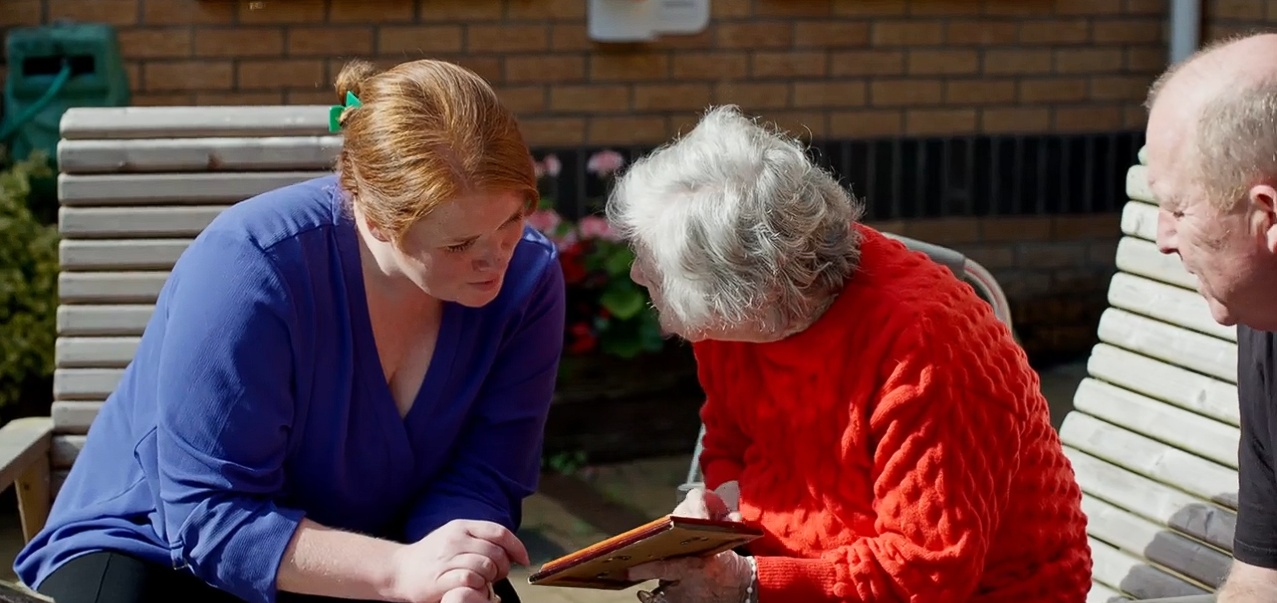
-
Source
Socially constructed masculinities constrain suicide prevention efforts (Russian Federation)
A key study assessed young male respondents’ answers to the question “Would you like to consult a psychiatrist, psychotherapist or psychologist” in order to develop a suicidal and psychological profile. The researchers also analysed how the parents’ contribution to gender socialization shaped the boys’ transition into adolescence and young adulthood. They found that some parents undermined their son’s mental health by encouraging him to develop an adult degree of self-reliance. In contrast, other parents:
tried to “tame their child” by all means, that is, to solve all his problems, thereby maintaining the teenager in a more infantile state, which is particularly dangerous where men are considered in terms of their gender identity. The consequent confusion may cause pronounced cognitive dissonance or create a “double clamp” against gender socialization in boys.
When a man experiences familial prohibition against intimacy (in other words, does not have a trusted person to share his problems with), it becomes very difficult for him to communicate honestly with a specialist who, of course, needs to be trusted. In some cases, a feeling of “Don’t do it” might prevent him from taking this essential step. Perhaps the motto of the study group is best phrased as: “It is better to sit, endure and not to stick out”.
Boys and young men with familial prohibitions might find help-seeking difficult – and those who do consult professionals might be harshly judged by their peers and family:
some men are of the opinion that if you are not coping with your difficulties, then you are not a man. And that if you go to a psychologist or psychiatrist, “it means you are a weakling”. These thoughts often prevent young men from adequately understanding situations from which they cannot escape on their own.
These prevailing attitudes have consequences for men’s mental well-being:
[they] often experienced feelings of shame, guilt and despair, and persistent remorse. They are also characterized by having a predominance of depressive reactions, feeling that their life lacks meaning, and often experiencing feelings of loneliness.
This case study highlights the importance of early interventions focused on families and the school environment for suicide prevention in boys and young men.
Photo by Tom Pumford on Unsplash




